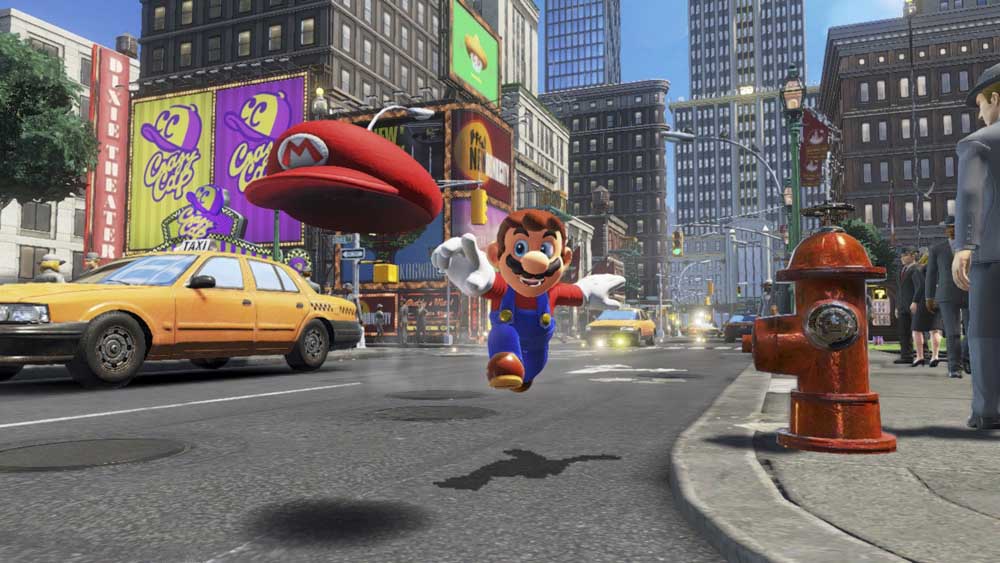GameStop closing up to 200 stores
Published 12:00 am Thursday, September 12, 2019

- This 2017 file photo shows “Super Mario Odyssey.” (Nintendo via The New York Times, file)
CHICAGO — Acting with a sense of urgency amid falling video game sales, ubiquitous strip-mall retailer GameStop is pulling the plug on up to 200 stores by early 2020 — with a much larger set of closings expected within the next two years.
The Texas-based retailer has about 3,800 U.S. stores.
Trending
The company did not respond to a request Wednesday to identify which, if any, of the stores are targeted for closing. GameStop has stores in Bend and Redmond, according to its website.
Plans to close stores were outlined Tuesday, shortly after GameStop reported a second-quarter net loss of $415 million, and a 14.3% year-over-year sales decline.
“We are committed to take quick and deliberative actions to improve the performance of the company and set it on the correct strategic path,” George Sherman, CEO of GameStop, said during an earnings call with analysts.
GameStop pointed to a 41% decline in gaming console sales during the second quarter as the primary negative driver, but falling sales of new and used software also weighed on results. The company said it hopes that next-generation console launches in 2020 will rev up store sales, but it is also looking to improve the efficiency of its retail footprint by closing “overlapping” store locations, and remodeling some remaining stores.
In addition to closures, GameStop is launching remodeled store concepts to create “a social and cultural hub of gaming within each GameStop store,” Sherman said. The company has begun testing out “experiential offerings” in the Tulsa, Oklahoma, market to improve profitability. GameStop does not plan to completely remodel its chain of stores, however.
Beyond the cycle of gaming console and blockbuster titles — GameStop said there have been no games this year rivaling 2018’s top-selling “Red Dead Redemption 2” — there are broader trends at work putting the retail video gaming sales model into question. Most notable is the rise of buying downloaded games versus physical software.
Trending
Historically, GameStop has “had a preference for physical games versus digital games,” but the company is focusing on making the digital sales process easier going forward, Sherman said. That includes digital purchases both in-store and online through the company’s recently relaunched website.
“Our assumption is that we’ll have a piece of both businesses,” Sherman said. “Obviously, we have a very, very significant share when it comes to physical games. Physical games are still a significant portion of the overall gaming industry today.”
Online gaming competition is heating up, with Apple set to launch its Arcade subscription service next week, featuring more than 100 games that can be downloaded and played on Apple devices and computers. Google is planning to launch Stadia, an online gaming service, in November.
Founded in 1996, GameStop bills itself as the world’s largest video game retailer, with more than $8 billion in annual revenues and 53,000 employees worldwide.
The publicly traded company’s stock price was down about 11% midday Wednesday to $4.50 per share.








